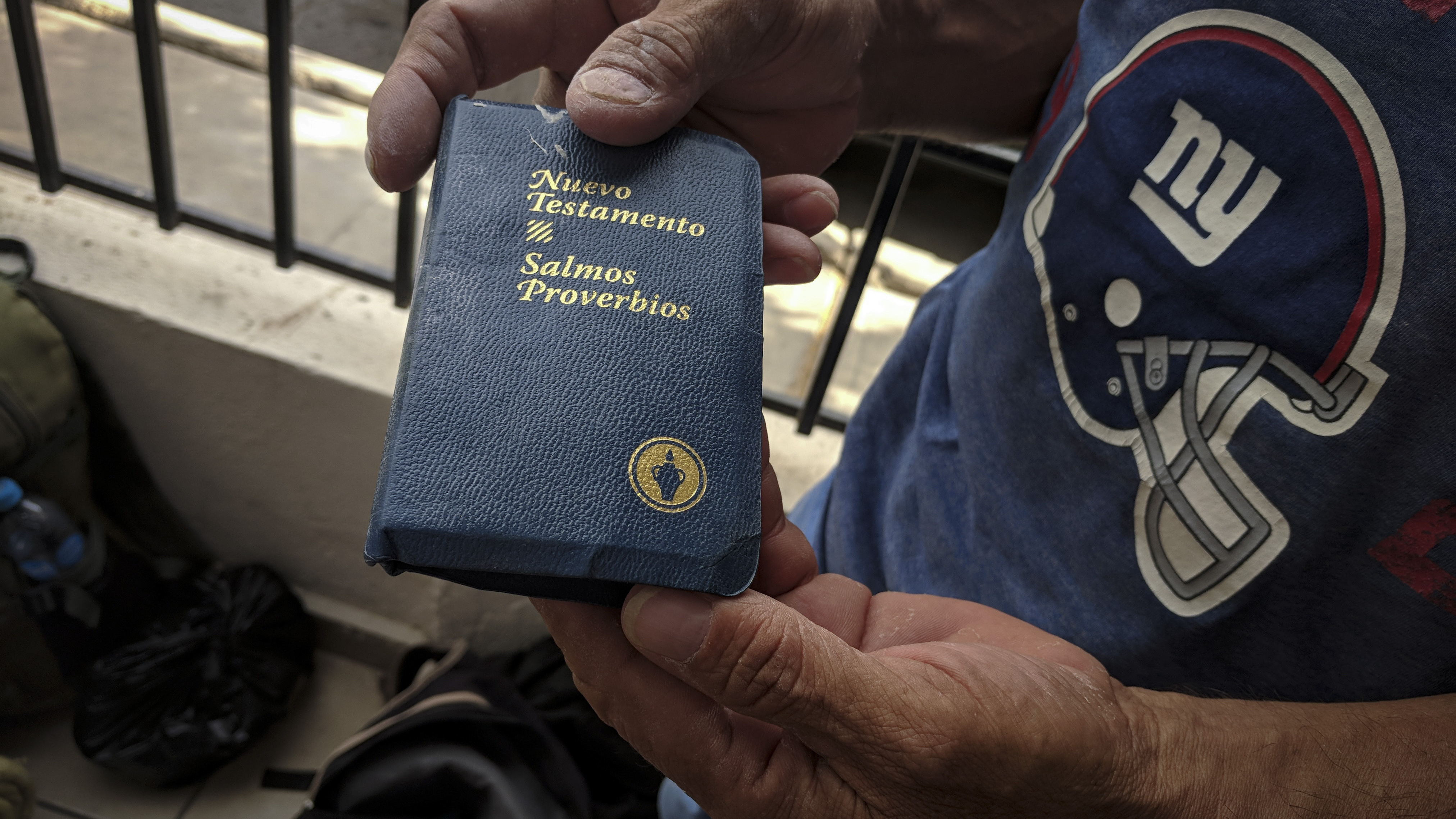‘Progressive’ Portland, Shaken by Violence, Confronts Xenophobia
July 5, 2017
PORTLAND, OREGON - Shortly after President Donald Trump’s inauguration, Chadian-native Djimet Dogo was dining with his three kids - ages 5, 8 and 12 - at a Taco Bell restaurant in Springfield, Oregon, a northwestern U.S. town of 60,000 two hours south of the city of Portland.
Unprompted, a man Dogo described as white and in his 70s walked up to him and his family.
“[He] said, ‘You know what I like about black people? When they smile, you see a white thing in their face,’ and just walked away.”
A cashier, he says, came over in a hurry. “‘That’s not fair. Sir, are you okay?’
“I said, ‘Oh, I’m fine. I’m used to those kinds of things.’"
Dogo arrived in the U.S. 18 years ago as a guest of the U.S. Department of State to speak on African democracy. After being granted asylum, he settled in Portland where he knew a cousin.
He became part of Oregon’s 10 percent foreign-born population, some of whom he would later serve as Africa House Director at the Immigrant & Refugee Community Organization(IRCO).
“We, either as refugees or immigrants, come here because you are scared from certain kinds of hate, and then you come here and see a different kind of hate,” Dogo explained. “You don’t know what to do.”
“There’s no home to go to, and at the same time you are trying to consider this as your home, and you are not welcome.”
Dogo arrived in the U.S. 18 years ago as a guest of the U.S. Department of State to speak on African democracy. After being granted asylum, he settled in Portland where he knew a cousin.
He became part of Oregon’s 10 percent foreign-born population, some of whom he would later serve as Africa House Director at the Immigrant & Refugee Community Organization(IRCO).
“We, either as refugees or immigrants, come here because you are scared from certain kinds of hate, and then you come here and see a different kind of hate,” Dogo explained. “You don’t know what to do.”
“There’s no home to go to, and at the same time you are trying to consider this as your home, and you are not welcome.”




